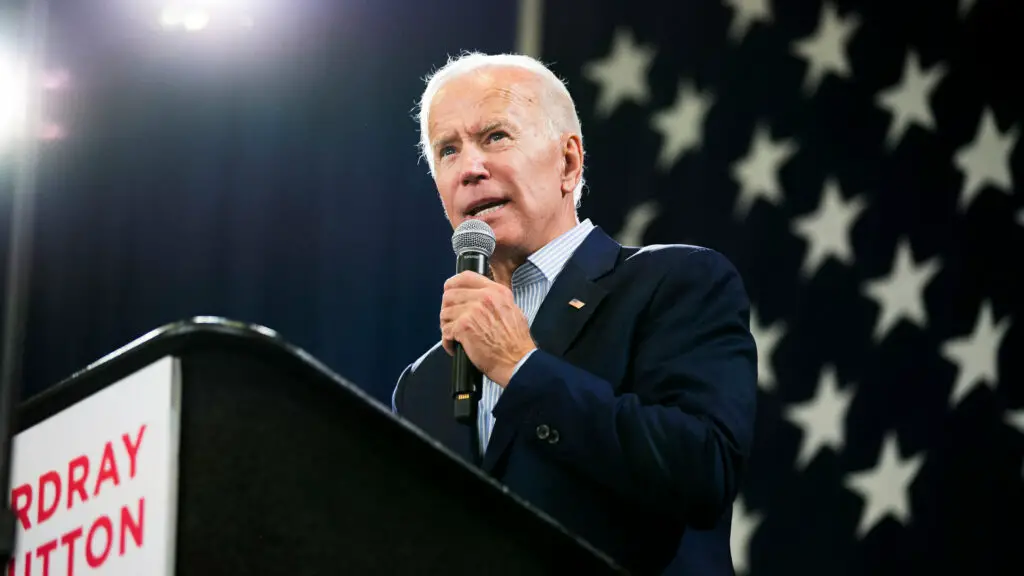
In a world where optics and timing play a crucial role in leadership, the recent decision by the White House to host a barbecue with a live band has come under intense scrutiny. This event, which might have been seen as a simple gathering under different circumstances, has been magnified due to its unfortunate timing – occurring simultaneously as a war rages on in Israel.
The Middle East, historically a hotspot for geopolitical tensions, has once again been thrust into the limelight with escalating conflicts in Israel. Lives are being lost, families are being torn apart, and the international community watches with bated breath, hoping for a resolution. It is during such times that the actions of world leaders, especially those from influential nations like the United States, are under the microscope.
The White House, traditionally a symbol of American leadership and diplomacy, chose to host a barbecue event complete with a live band. While the intention might have been to provide a brief respite or perhaps even to foster a sense of unity and camaraderie amidst domestic challenges, the optics of such a decision have been widely criticized.
Critics argue that hosting a celebratory event during a time of international crisis sends the wrong message. It could be perceived as a lack of empathy or even a disconnect from the realities of the world. The United States, with its longstanding relationship with Israel and its role as a mediator in Middle Eastern affairs, is expected to exhibit a certain level of gravitas during such tumultuous times.
Supporters of the administration might argue that the barbecue was a pre-planned event, and cancelling it might send a message of panic or instability. They might also point out that the daily operations and events at the White House don’t necessarily reflect the entirety of the U.S. government’s stance or actions regarding international affairs. After all, behind closed doors, there could be intense discussions, strategies being formulated, and diplomatic channels working overtime to bring about peace.
However, in the age of instant news and social media, perception often becomes reality. The imagery of a lively barbecue at the White House juxtaposed against the backdrop of smoke and rubble in Israel can be jarring. It raises questions about sensitivity and the ability to gauge the mood of not just a nation, but the world.
Historically, leaders have often chosen to modify or cancel events in light of significant global events. These gestures, though symbolic, send a strong message of solidarity and understanding. They show that leaders are in tune with global happenings and are willing to adjust their sails accordingly.
In conclusion, the decision to host a barbecue at the White House during the ongoing conflict in Israel may have been an oversight or perhaps a calculated move. Regardless of the intent, it has ignited a debate about the responsibilities of leadership and the importance of optics in today’s interconnected world. As the situation in Israel unfolds, one hopes that actions, more than symbols, will pave the way for peace and stability.

